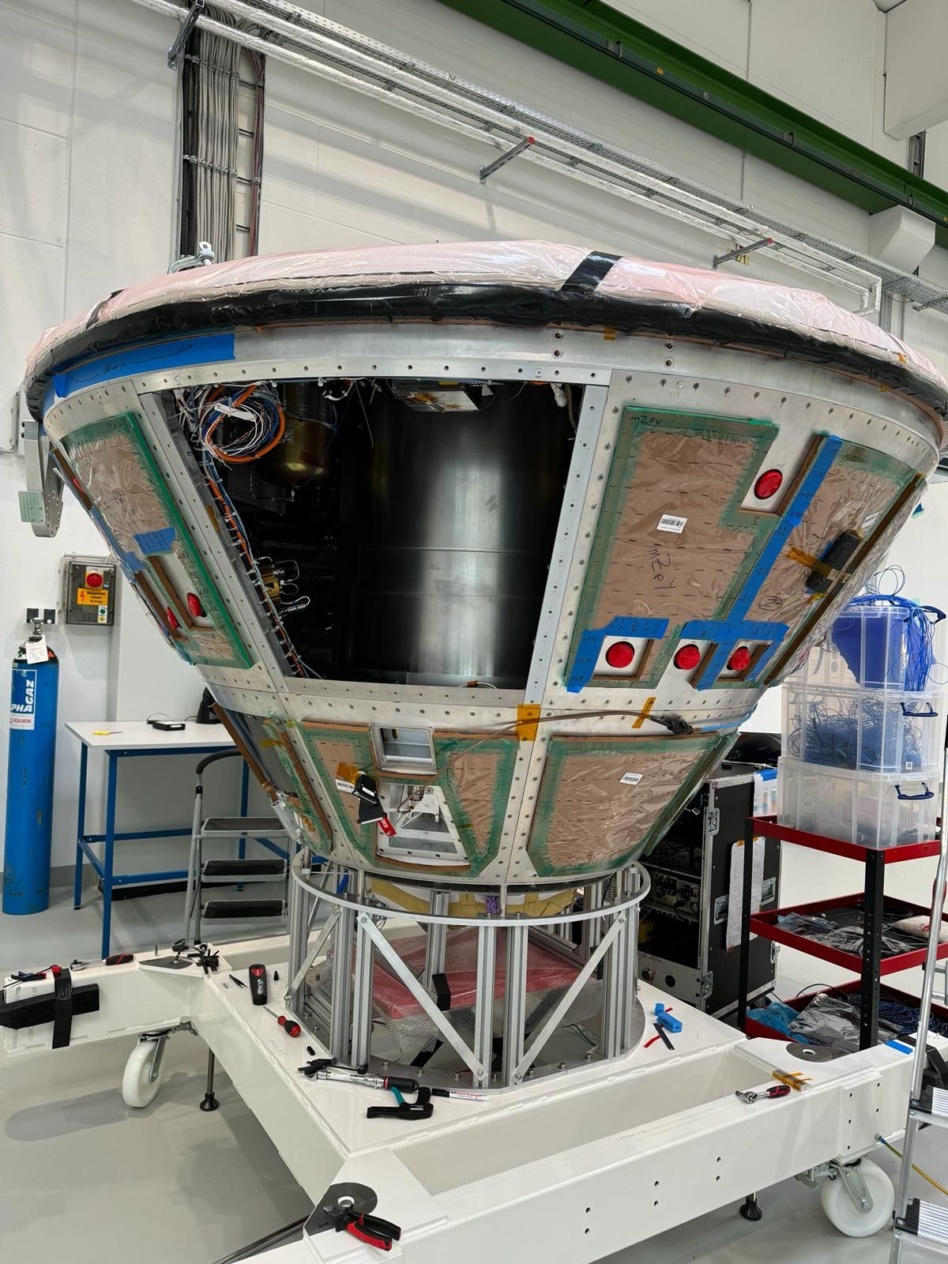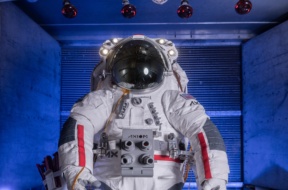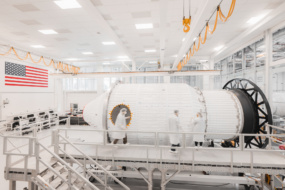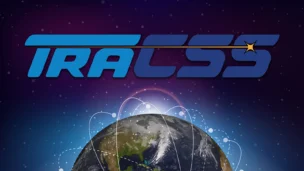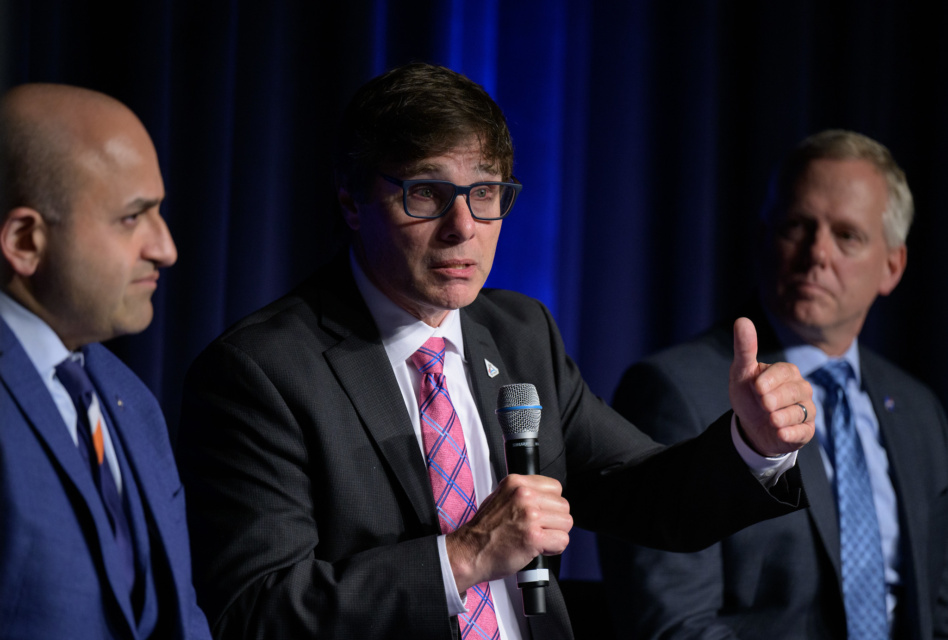Thales Alenia and the Exploration Company have each received a €25M ($27.1M) development contract from ESA to design and de-risk uncrewed cargo capsules that can provide transportation to LEO.
If the design work proceeds as planned, ESA expects to see demonstration flights to the ISS in 2028, with operational missions beginning by 2030. The likeliest destination at the moment could be the planned commercial station Starlab, a joint venture of Voyager Space and Airbus, which has established a partnership with ESA.
Evolution, not revolution: ESA’s long-awaited turn to private companies for spacecraft comes eighteen years after NASA launched the program that led to the development of SpaceX’s Cargo Dragon and what is now Northrop Grumman’s Cygnus vehicle—and the space industry as we know it today.
“It prepares us for the post-ISS era, strengthening European industry’s competitiveness in low Earth orbit operations, as well as being a test case for the ESA transformation and working differently,” ESA exploration chief Daniel Neuenschwander said in a statement.
There’s some question of financial commitment, however. NASA’s COTS program, which also included launch vehicle development, paid SpaceX $396M in development funding, alongside an additional $454M in private capital. Orbital Sciences, the other contractor, received $288M and invested an additional $590M.
ESA’s contract awards are a good first step, but someone—private investors or the government—will need to pony up a lot more money to make these spacecraft a reality.
Odd couple: ESA is relying on both old and new space players to bring the program to life.
- Thales is an established space prime that has worked on the ISS and the Orion service module, among other projects,
- TEC is a startup founded in 2021 by a group of space engineers from Airbus and other European primes.
Mark Kirasich, TEC’s new VP of US operations, spoke to Payload after a post-signing celebration in Brussels. He said the company will fly a subscale prototype this year, with plans for a critical design review by the end of 2025. TEC plans to certify its Nyx spacecraft for service to commercial LEO destinations and the Lunar Gateway.
